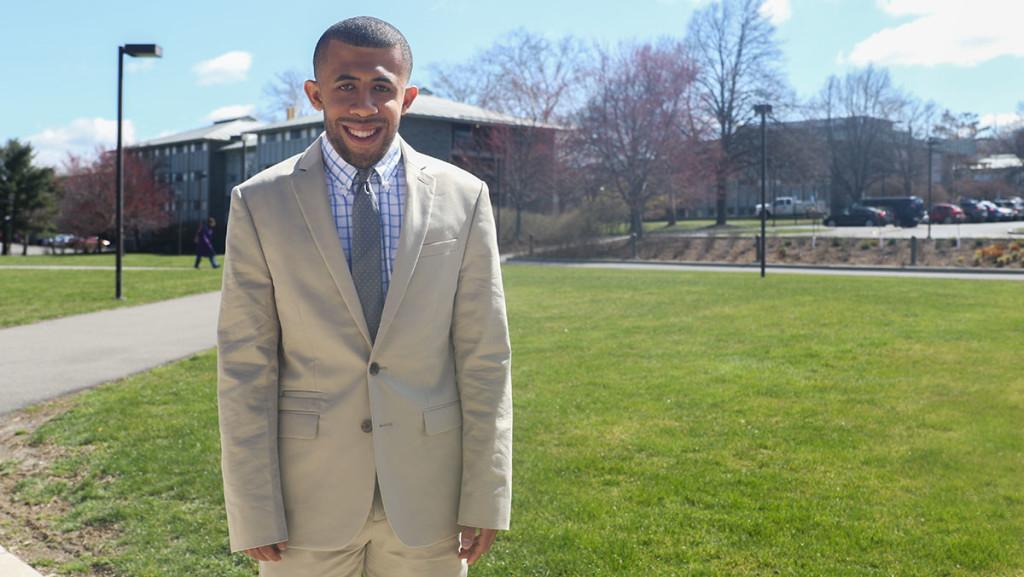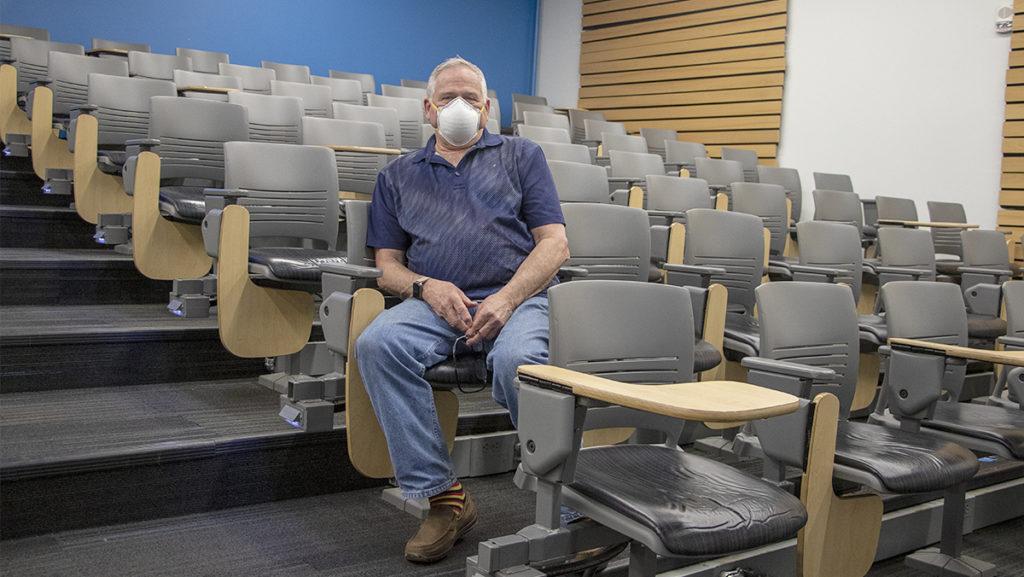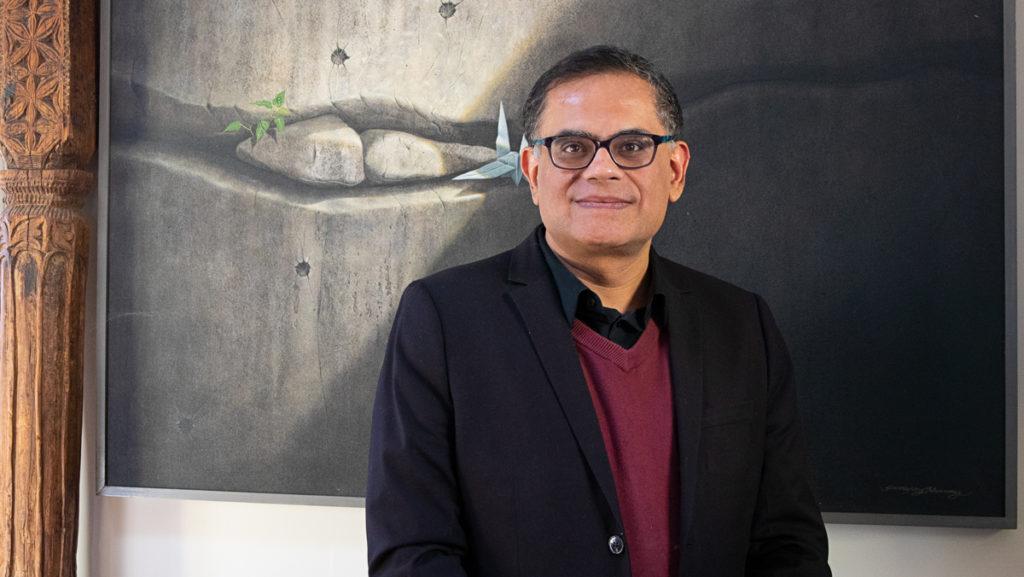Over the past year, we have seen a global pandemic and struggling economy put higher education at a crossroads. As a result, Ithaca College has struggled mightily from a financial perspective. This isn’t an Ithaca-specific problem. Every institution nationwide is being impacted in some manner. Ithaca College is now grappling with how to move forward with a strategy that is both academically and financially sustainable to remain an institution with high standards.
The problem with the latest Academic Program Prioritization Implementation Committee (APPIC) proposal is too much emphasis on finances with no critical thinking from an educational perspective. This puts the college in a precarious position long-term. We have known that given the current environment, budget cuts would be made and some faculty and staff would likely be cut. That was always going to be inevitable. However, the path Ithaca is taking to make ends meet seems panicked, driven by numbers excluding context, and absent of true community discussion.
In trying to do some research on the current affairs of IC, I was disappointed in realizing that alumni were not granted access to view the proposal or any dashboards in the APPIC portal. Needless to say, this is problematic on a variety of levels. Alumni should be viewed as an equal stakeholder as current students, faculty and staff. One of the nine goals put forth as part of “Ithaca Forever” is to increase alumni and student engagement with the college. What’s occurring today is counter to that goal. Alumni should have been afforded an opportunity to be involved in discussions that will shape the institution for years to come.
The analysis provided by The Ithacan shows liberal arts will not play a large role in Ithaca College’s future, thus calling into question whether we can seriously consider ourselves a comprehensive institution. This direction is antithetical to today’s domestic affairs. As someone who will likely have both of their liberal arts majors (Sport Studies, Communication Studies) eliminated in less than five years post-graduation, the value of my degree has depreciated significantly. We should not forget what liberal arts programs can offer the world by equipping students to be critical thinkers and have high emotional intelligence.
There are also unintended consequences of the APPIC proposal: The first being that there will likely be a reduction in minority professors at an already predominantly white institution. That doesn’t bode well for attracting a diverse group of students and translates into lack of perspective in the classroom. The second consequence is the impact to the Ithaca economy. A reduction in students will have a ripple effect on small businesses and housing that students typically rent.
Looking at the financial numbers, these cuts don’t make up the projected shortfall. This begs the question of where the other cuts will come from. Cutting faculty creates more problems. A professor of one or two departments cannot teach core requirements to a majority of students. The administration needs to be willing to burden some of the responsibility as to why we have not created a robust enrollment strategy. Our numbers back that up with a high acceptance rate and a low conversion of prospective students.
Historically, we as an Ithaca College community have not done a good enough job of holding the Board of Trustees accountable. A common denominator throughout both Thomas Rochon and Shirley Collado’s tenure has been the Board. What’s lacking in this overall plan beyond the faculty cuts are projections on how Ithaca will remain competitive in the market long-term. The big picture strategy falls to the Board and so far, I have not seen any communication from them that would make me feel confident in the vision of the college. A letter was sent to alumni on Feb. 1 that felt disingenuous and out of reality to the current climate today. Alumni want to engage because we care. Pragmatic and realistic alternatives would have been found if a platform to collaborate were offered.
Instead, we’ll now be faced with a fractured community and an institution that will struggle to foster a truly diverse education. Ithaca College is missing out on an opportunity to be a thought leader in the higher education space, and that is a damn shame.



















